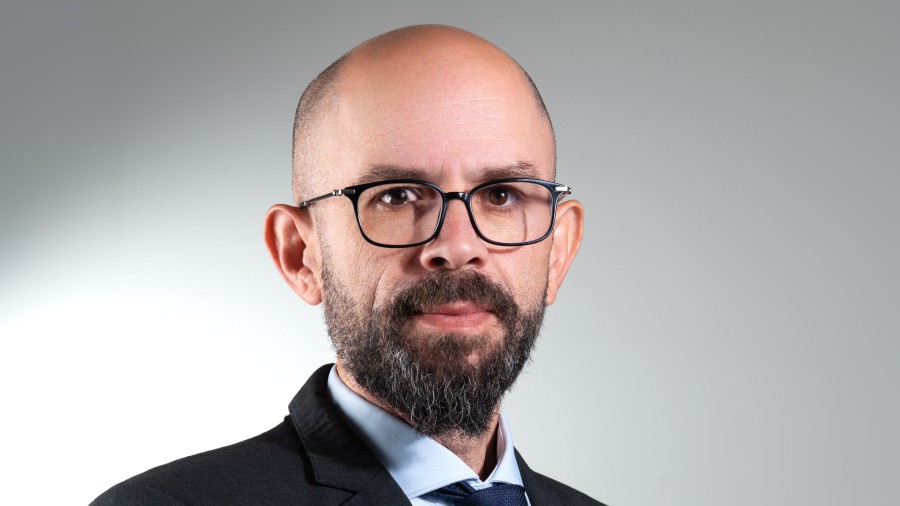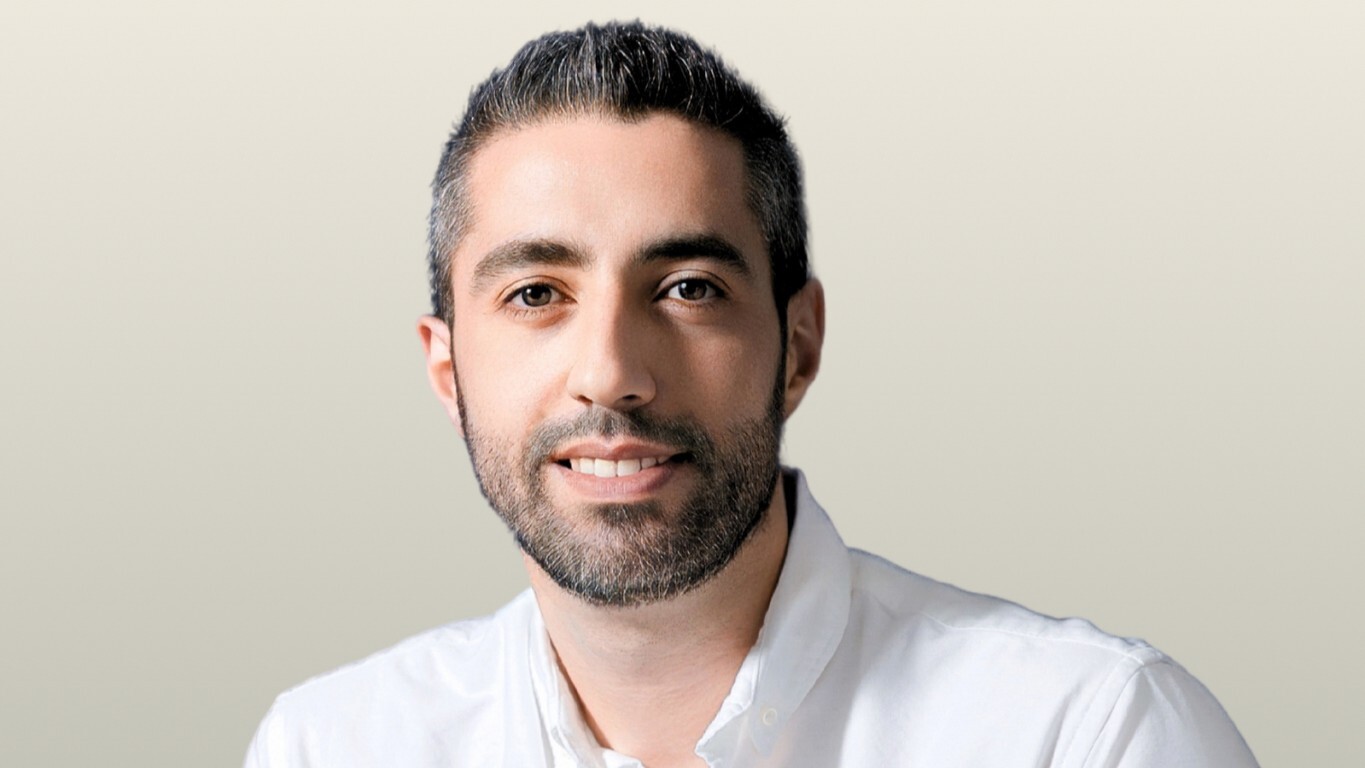Bacchus has officially opened its Saudi Arabia office, expanding the agency's presence across the GCC region. From Riyadh, Bacchus, will be the seventh agency location, joining London, New York, Miami, Los Angeles, Dubai, and Doha.
The agency has appointed Tarek ElMoukachar (pictured) as Senior Partner and Co-Founder of Bacchus KSA to lead the growth strategy in the territory, working alongside Bacchus UAE Co-Founder Fiona Wishart, and global support from Bacchus Co-CEO & Co-Founder, Anouschka Menzies. This unified approach aimed to leverage Bacchus’ global network and strengthen the agency’s presence throughout key growth markets.
Anouschka said, “Having worked extensively in the Kingdom we are delighted that Tarek joins Bacchus to lead our local team alongside Fiona. Tarek is highly experienced and brings a wealth of expertise from his previous roles, already driving significant campaigns for some of the region’s most pioneering developments, hospitality brands and corporate entities.”
Tarek said on his appointment, “After working with the incredibly talented Bacchus team in my previous role, I’m immensely looking forward to this next chapter of growth and expansion for the agency. Bacchus’ global reach and powerful understanding of a highly influential community are an incredible opportunity to bring world-class expertise and service to the region.”
The Riyadh office offers the agency’s suite of integrated services, including consumer, corporate, and crisis communication, strategy and advisory, reputation management, digital and social media, as well as event management and production. The agency focuses on sectors aligned with Saudi Arabia’s Vision 2030, including real estate, hospitality, tourism, luxury, fashion, and F&B.
The team is already supporting clients such as Boutique Group, the 5* luxury hotel, Rosewood Jeddah, Leylaty Group, and Jayasom Wellness Resort AMAALA. For events in the Kingdom, the team has supported Incorta, a San Francisco-based data delivery platform, at their NoLimits event in Riyadh, and the launch of Benoit, helmed by Chef Alain Ducasse in the King Abdullah Financial District (KAFD). Bacchus KSA will also extend the global agency’s work in corporate and reputation management, with key clients including the Maldives International Financial Centre and MBS Global Investments.

Bacchus sets up Riyadh office, appoints lead
Telum Media creating connections
Get in touch to learn more
iD Collective selected to introduce Airelles Venezia
Karen Yap sets up agency in Singapore
You might also enjoy
Not-for-profit specialist engagement agency, Fifty Acres, has joined forces with conference convener, Arinex, to deliver the global Women Deliver Conference from the 27th April at the Melbourne Convention Centre.
Fifty Acres has been tapped to lead media engagement and publicity for the conference, securing coverage across Africa, the US, the UK, Asia, and Australia. In addition, teams from both agencies are working together on managing the conference's scholarship program, developing the media strategy, and preparing the crisis management plan for the conference.
Fifty Acres CEO Jo Scard said it has been a wonderful experience for the team to be involved in such an impactful conference, building on our experience in the not-for-profit space.
Alae Khaldi has joined Rosewood Hotels & Resorts as Cluster Director of Communications. Moving to Saudi Arabia from Bali, he is responsible for leading integrated marketing, communications, digital and visual content efforts for the pre-opening of several Rosewood properties: Rosewood AMAALA and Rosewood Red Sea.
In Bali, Alae was a Multi-Property Director of Marketing Communications for The St.Regis and The Luxury Collection. Before that, he was in comms roles with Banyan Tree Group in Thailand and Morocco.
On his appointment, Alae said, “Rosewood has always stood apart for the way it tells stories that feel considered and deeply rooted in place. To join the brand at this moment, and to help shape the narratives of two new destinations in Saudi Arabia, is both a responsibility and a privilege. I’ve been deeply impressed by the country, its culture, and its vision for the years ahead. I’m excited to contribute to building experiences and communications that honor that spirit and carry Rosewood’s philosophy forward with care.”
Retro 9, the specialist automotive brand dedicated to the meticulous restoration and refinement of premium segment cars, has appointed Current Global MENAT as its PR partner across the GCC.
The agency is tasked with leading Retro 9’s external communications, delivering an earned-first strategy rooted in storytelling, craftsmanship, and cultural relevance. The partnership is aimed at spotlighting Retro 9’s rare approach to restoring iconic classic cars, its quality standards, and its deliberately limited output across key regional markets.
Peter Jacob, Managing Director, Current Global MENAT, said: “Retro 9 is built on a genuine love for classic cars and a deep respect for the craft behind them. Every restoration is approached with patience, precision and pride, balancing automotive history with modern craftsmanship. What stands out just as much is a team that understands the value of storytelling and the role PR can play in building long-term brand equity, not just short-term visibility. We’re excited to partner with a passionate local business that sees communications as an integral part of its growth journey and to help bring its story to the region’s discerning collectors and automotive purists.”
Danial Mausoof, Founder of Retro 9, said: “Retro 9 was conceived as an automotive house, not a traditional restoration business. As we move the brand to the next phase, Current Global will play a key role in helping us tell that story thoughtfully, with the depth and restraint it deserves.”


